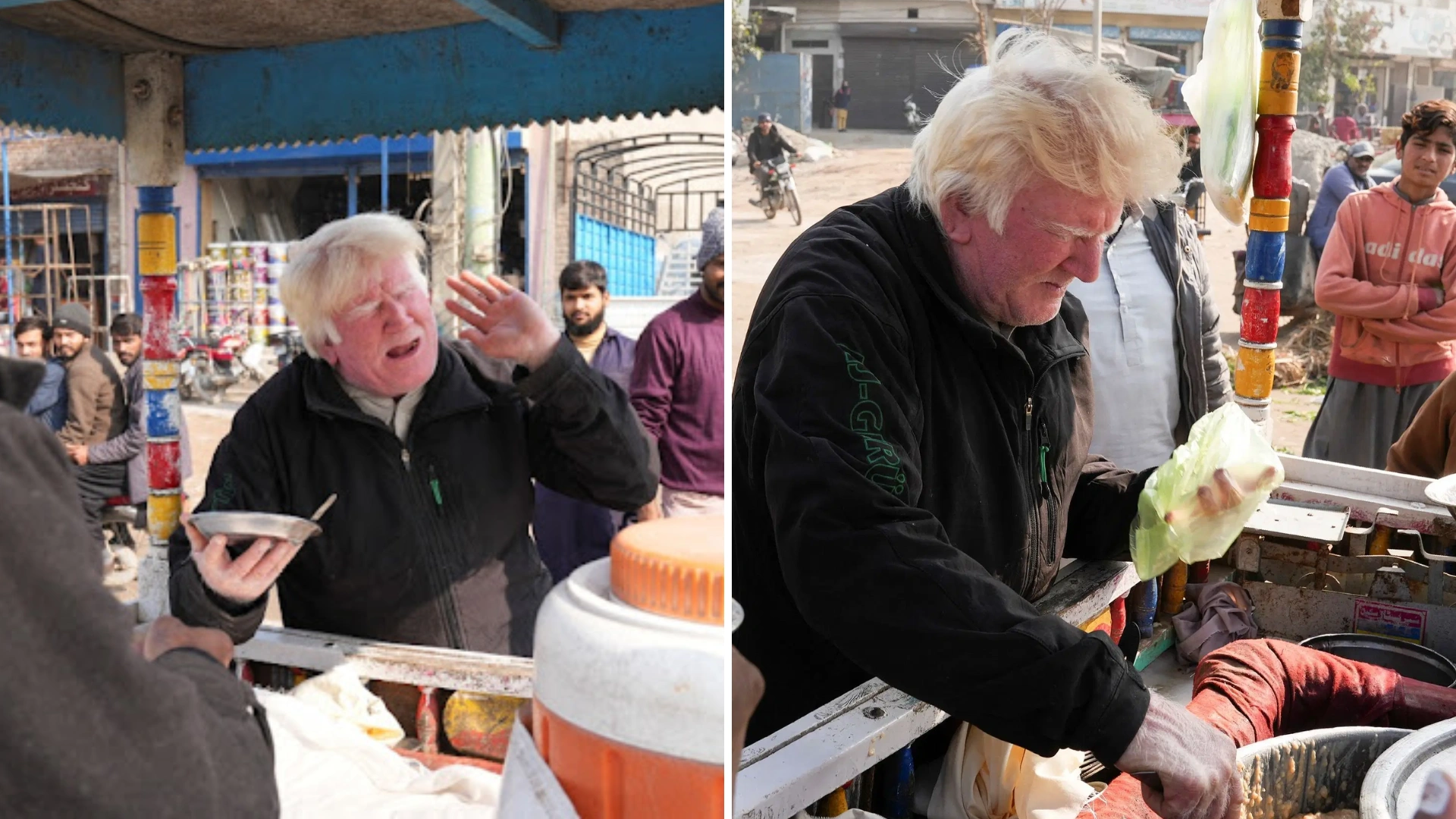France’s overseas territory, The New Caledonia in the Pacific Ocean between Australia and Fiji is burning! Massive protests, causing death of 4 people till now and hundreds more injured as demonstrators clash with the Security forces.
This is the worst violence New Caledonia has seen in 30 years, observers say.
The New Caledonia people are angry with France, for passing a reform against their will.
But What is that Reform?
On Tuesday, the French parliament passed a reform that says, French people that lived in New Caledonia Island for more than 10 years or more are eligible to vote in the island’s elections. This reform was overwhelmingly passed with 351-153 majority. The French govt. supported the move by saying that it will strengthen the democracy.
But the problem is that the indigenous Kanak community people who originated from that Island only says that ‘they have long resented the French rule in the island, and by passing this reform, it gives French people more power than the indigenous people. and that this would hamper their chance of getting independence from the French’.
History Lesson
France occupied the island in 1853, Paris purposefully populated it with French citizens, meaning Kanak communities now make up only 40 percent of the population, while the Caldoches – local people of mostly French descent – make up about 25 percent. The rest of the population is made up of newer French arrivals, people from the French island territory of Wallis and Futuna and from Tahiti, as well as a mix of people from Indonesia, Vietnam and other Asian countries.
This week’s changes would add thousands of these newer French arrivals – at least 40,000 have arrived since 1998 according to official figures – to the country’s electoral list, which Indigenous groups say will undermine their push for self-rule.
Has there been protests before?
Similar unrests were seen in 1990s, that eventually led its way to Noumea accords of 1998. which said that Paris will grant more political power to its indigenous people over 20 years.
The accord also paved the way for three referendums on independence which were held in 2018, 2020 and 2021. In all three, the majority voted to stick with France, although many point out that the last vote in 2021 was boycotted by pro-independence groups who argued that it was held during the COVID-19 pandemic which disproportionately affected Kanak communities.
Rejecting independence meant France continued to control New Caledonia’s military, immigration, foreign policy, economy and elections.
Why is New Caledonia important to France?
France, which has increasingly lost influence in its former colonies in Africa, sees maintaining a stronghold in New Caledonia, and indeed, in other overseas territories in the Indo-Pacific region, as a key part of its larger vision to maintain a sphere of influence in the region.


















